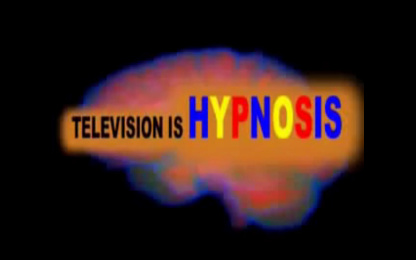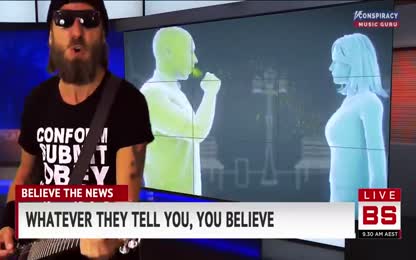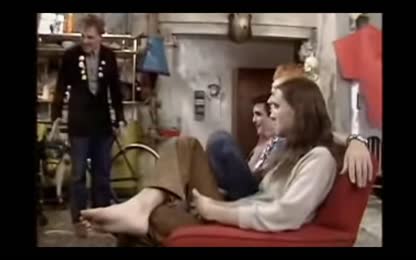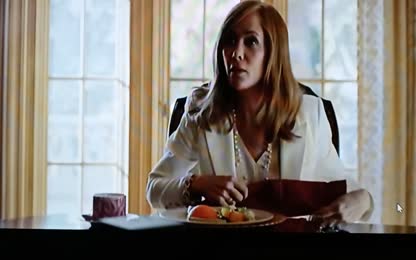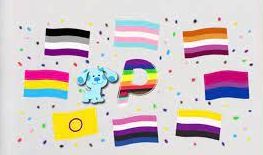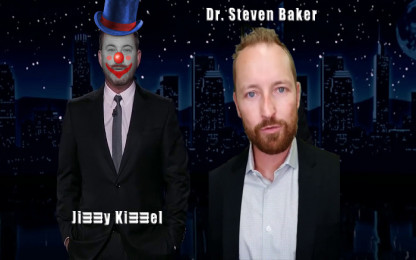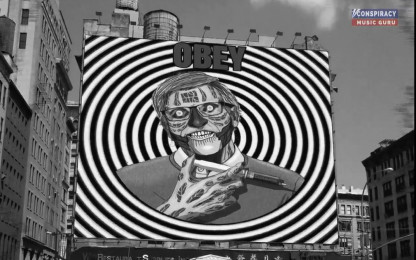Advertisement
You will never see this on television
The Holocaust survivors tell the TRUTH of how they endured the so called "Horrors" which is falsely proclaimed. Was the Holocaust real? Did it really happen? Absolutely not.
Auschwitz Tour - in fact a secure place for ’Jews’ during War.
https://153news.net/watch_video.php?v=KM6SMGG59DKY
Original video.
https://web.archive.org/web/20170512135806/https://www.youtube.com/watch?v=UxFEtbawPCk
Same link now.
https://www.youtube.com/watch?v=UxFEtbawPCk
Millions of videos telling the truth were removed from Youtube. Now Youtube is just pure propaganda machine just like the NEWS.
- Category: Uncategorized,Hitler / World War II,Holocaust / Holocaust History ,Hidden Knowledge
- Duration: 15:17
- Date: 2022-12-31 18:43:16
- Tags: holocaust, camps, shoah
2 Comments
Video Transcript:
The warps they never gave us any water, they never gave us any food. The children were screaming. Speelberg's USC, Survivors of the Show of Visual History Foundation, contains over 50,000 video testimonies. Out of 50,000 testimonies, the show of foundation handpicked a bunch of hate-filled liars and Zionists for their documentary. Surely, out of 50,000 video interviews, there must be some Jews telling some semblance of truth about life in the concentration camps. We also had an orchestra where some of the musicians stood together and one musician was so good that he had the instruments playing and he wrote the notes so later on we had a band who played over the weekend. That was of course helping us. We also did plays and stuff. Were there any cultural activities happening in Auschwitz? Yes. I told you we had a piano put into a not just a piano, a grand piano was brought into block one. Once that was built, that new block, the downstairs room was assigned for theatre. When he wanted to build a stage curtain in that new block one, which was one big dining room was going to be also a stage so performances could be done for women there, cultural. He said, for heaven's sake, isn't there anybody here who can help me so on these curtain rings? For the stage, I do it for you, he says. And I came forward and I helped him with the curtain stage and that was wonderful because I had a man sitting across me for a change. And my roommate is in charge of work assignments and if you happen to know music, what instruments do you play? I said I learned piano but not go to an enough on orchestra. I can tell you that right now. He said, well then maybe you know the notes. I said, yes, he said, well then I can use you because we have to write it from the original music piece what the director gets to the instruments. And so from each instrument has only a short line on the whole paper. So I had to take it apart and write for each instrument from that what I had to do. I had to even make the lines. We didn't have paper that was pre-printed for notes, nothing. So I spent the whole day there for a while until we were taken away from Auschwitz. Well then she saw me work there and I had a big table where I could work and lay out all the paper and it was very peaceful and relaxing. And Otto wanted to talk more to me. That is when I met that SS man at one time. That was the last job I did while I was in Auschwitz. And when the other job that when I was in block 10 we went out to pick the leaves and from these leaves they would make tea for the whole camp for the whole Auschwitz. How did you entertain yourself? Well at the beginning of those days there was a library where people could get books to read. There were newspapers which we could get. And also among ourselves sometimes we had a violin quartet used to come and play in barracks. Later on they said they were going to build a movie in the camp. And they said only you must be crazy. They were going to build a movie for us in the camp. And they really didn't happen. They made a movie in the camp. And we went in barracks after a barrack. We could go to see a movie sometimes in the evening. They brought movies in the evening. What kind of movies would they show? Well German movies. But once I came to the main camp there were a lot twice a month to write home. And they gave us the materials. They gave us the materials. How did you get these stamps? We could buy stamps. You had money? Yes we still got money. We got through the Jewish community from Vienna who sent us everybody's money. And the camp you could have currency? Yes they could have money because there was a camp also called a cantina. Not many times but once in a while the soldiers were cigarette or something. So if you had money you could buy the cantina there. There wasn't really a food real. Usually it's old and sometimes it's old. There was old some weak beard as old also. But not really anything else, not much. Mostly cigarettes. And when you went to the movies did you have to pay? Yes we had to pay. And the money stopped, the regular money stopped. We got paid in coupons then. Paid for you work? I don't know if it was for whatever. We got paid for in coupons which were redeemable in the cantina if they had something. That was their way of distributing money. To everybody that got this money then. Of course what we did is for the weekends we got together, we got a group of us together. And we made a soccer team which was a little later that we played soccer. What's amazing that there would be a soccer team that there would be enough energy left to do something like that. Well I don't think we were quite as energetic as we were with the other regular team but we did something to, you know, it kept our mind of the problems we had. You mentioned to me the other day that Monowitz was like a college library. Well that was especially the German start losing the war in 1943-44. So 1944 we had soccer games in Rosalos. We had to organize very well the soccer teams, each nationality organized the soccer team. We organized our equipment everything in the play soccer on the assembly line, on the assembly place. It grows frozen. So you know that much free air was in there but it was not in 1944. The Russians already pushed away, Americans already invented it from the other side so they have to give more freedom. But that was much more freedom and a foot didn't improve very much because the simple reason they didn't have a very much themselves. Did the civilians try to help you at all? Did they trade goods for things? It's as I said we have almost everything what we wanted for the soccer teams, for the civilians, for March 6th. But that was strictly under cover, as I said in order. They knew it but they didn't do much about it because they knew the war was almost over. So they didn't even play at soccer with us. Just to make the store funny that the tour incident finally, one time they polished in play against German teams and one of the listed top listed assessment decided he wants to play for the Polish team. So we say okay we can play for us. And then they commanded that the command it, the assess command it, it was like a captain. He decided to want to play for the German team. So he went in a field but I think there were little tips there. How did you feel about that? The funny part of it, we said we just let them play that they always by themselves. We just let them out of it. But that was one of the incidents which stuck so funny on it. But that's happened. But it was not in 1944. So it almost digs came to a close. So it's what you're saying then that the closer the end of the war came pressure was let up rather than becoming more cruel. In our camp pressure you did feel the pressure laid out. The big problem is that the Auschwitz soccer field was right next to the so-called genocidal gas chambers and would be in full view of the so-called final solution. Freddie Hirsch called me to the children's barracks. He was heading then. And he asked me if I could paint something on the wall for the children. And I said, well, if you can get the materials, he said, I'll get the materials. So I said, okay. And then a very handsome young blonde man from the men's camp came over one day. And Freddie Hirsch called me to come and meet him. And he asked me what I need. So I said, well, if I can get any wall paints, so any tempera paints, I would like those. And if you can get me some and he said, yes, anything you want. And so before I knew it, Freddie had the stuff ready for me. And I started painting at first, not knowing what I looked at that huge drab. It was kind of olive colored like all the barracks were wall. And I thought, well, the thing to do is to make it look like we are in a Swiss chalet under deck. And there is a ballastrade with flowers on flower pots on it. And we are looking out at the beautiful meadows and maybe see some cows and sheep and stuff. And I started painting. And then afterwards far in the distance, I was putting some sheep and some cows. And then I noticed that all the kids were standing around me, behind me. So I turned around and I asked them if they would do they have any special wish what to put in that meadow. And they said, snow white and the seven dwarfs. And there was a very surprising answer. So I made a painting of dopey standing on another dwarfs head with a cloak around him. So he looked like a tall guy. So he would be a stall of snow white. And they were dancing together and the shoes, those soft shoes and everything. And the kids loved it. And I made some other dwarfs around one who was playing the accordion. I think there was grumpy, the mean one. And the professor with glasses. I made almost all the dwarfs standing around. Some of them were clapping. That's what the kids liked. I now understand that there was another painter who continued something painting on the walls after I left. I don't know about that. When you were in the process of doing that. Yeah. What did it do not only for you, but for the children? On an emotional level. Well, it did several things, not just emotional, but the children then wrote a play which was a satire of snow white and the seven dwarfs. So I figured out a way of making a crown out of paper. And the kids were painting it gold and putting like jewels on it. And then I took some paper strips and I painted them with a black paint. And I don't know about the costumes, what they made costumes out of. But the play was very successful because the little girl who was playing snow white had an incredible voice. A gorgeous soprano just like the one that you hear in the movie. How were they allowed to put on a play in Auschwitz? I don't know, but it was done kind of quite harsh, harsh, all of it. Except that when it was put on suddenly some esmen appeared and they watched. And then when Arno Berm put on that play, he wanted something like a wardwheel, wardwheel play, which I was in too. That was when I couldn't stand the breath of the guy who was playing with me. What was the process for the casting? I mean how were people selected to be in this play or that play? This is a picture that was taken at my father's cousins' grandchild's bar, that was three years ago. And these people in this picture are all survivors.

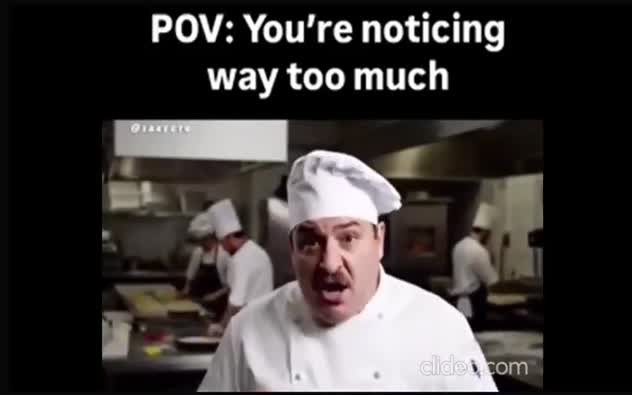








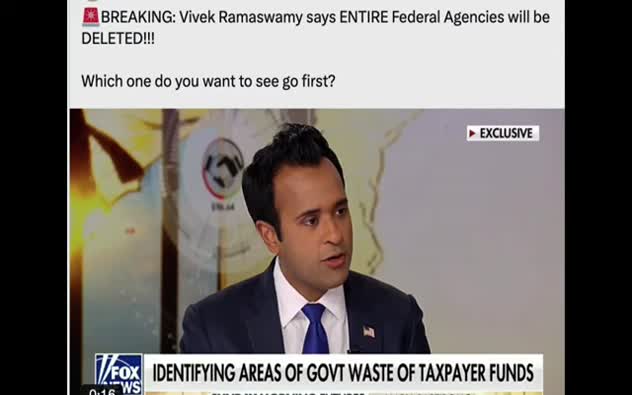
 Donate
Donate